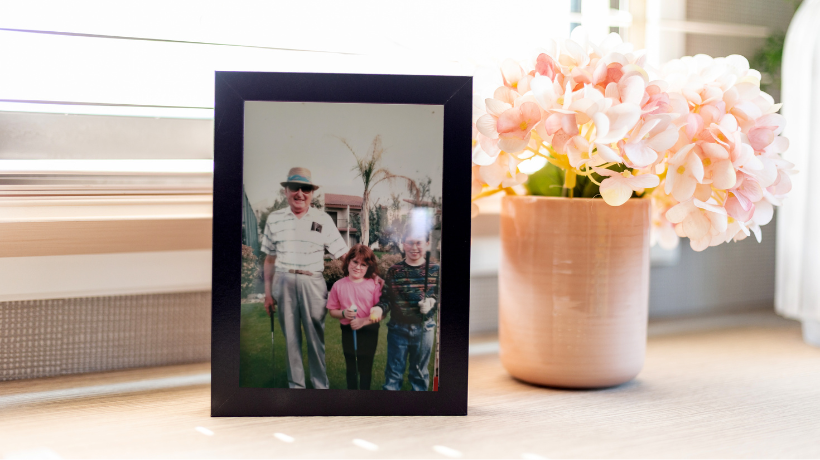I’ve written before about when my Zayde (my grandfather on my mother’s side) died when I was 11 years old, in a strange way it cemented my love of Judaism. Why? Because the rituals of Jewish grief and mourning were comforting and gave me something to do when I felt unmoored. Through the subsequent deaths of my grandmothers, my other grandfather, and even my father, I have been eternally grateful that there was something prescribed for me to do when I wanted to do nothing. The path from seven days of sheltering in grief to 30 days of slowly re-entering the world, and then a year of saying a prayer allowed each stage of grief, and then some, to be acknowledged. The process pushed me to move forward, even when I wanted to hide from the world in bed.

This feels particularly relevant in this week’s Torah portion. This week we read Parshat Acharei Mot, the portion that details the laws and rules for healthy relationships. It begins with the clean-up after the loss of Aaron’s sons because of their out-of-body experience breaking the rules and continues with the laws about how we’re supposed to atone for our sins on Yom Kippur. The final chapter of the text deals with appropriate and inappropriate relationships between family members.
In the time between the death of his two sons and where we pick up the story, Aaron has learned about ritual but was likely given the space he needed in order to experience his grief. And then, after the loss, Aaron returns to his community and is deeply entrenched in the rituals of Yom Kippur, of forgiveness and sin, and of the work he is responsible for as a leader in the community.
Could Aaron have needed and taken more time to grieve privately before coming back to the public spotlight? Yes, and that probably would have been understood. Was it also important for Aaron as a leader to show that our grief can ebb and flow and that perhaps being back in community with others can also be helpful? Probably also yes.
Parshat Acharei Mot reminds us of the power of this beautiful religion. Especially after the long week of keeping kosher for Passover, it’s easy to think of certain Jewish rituals as burdensome. Sometimes you can only eat certain foods. Sometimes you can’t eat anything at all. Sometimes you don’t turn on your computer until the sky is dark. But so much of what we practice is about what we need as humans to survive and thrive, and as odd as it may sound, that includes how we understand and deal with death.
– Rabbi Eve Posen
Source: After Death, There Is Life – Parshat Acharei Mot 5784



